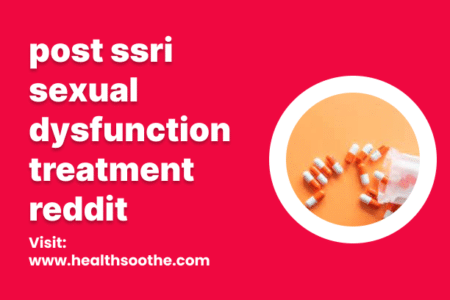Nursing is a well-respected, and seemingly always in-demand career. For those who don’t work within the health sector, it can be difficult to grapple with why it can seem so easy to get a job as a nurse, while difficult in other industries to find open positions.
Ultimately, nursing trends play a large role in the demands placed on the nursing workforce. The next ten years will test the nursing workforce – with a number of significant issues, such as mental health, and a more interconnected and aging population forming critical drivers behind in-demand sectors.
With more than a million full-time nurses expected to join the workforce in the next decade, where will they fit in the broader health landscape? Let’s explore some of the key themes that will drive nursing jobs over the next decade, and how you may be able to take advantage of this if you’re looking to pursue a new career as a nurse.
The Impact of Mental Health
In recent years, mental health has been highlighted as having a significant impact on the health sector. In fact, it’s estimated that approximately $280 billion was spent on mental health services through 2020, however, there were still significant proportions of the population that were unable to access services or unaware of where to go.
As we normalize the mental health discussion, it is evident that significant growth will be required to tackle the complex needs that patients have. Ultimately, it will result in increased demand for mental health nurses, as supports and structures are set up to help those who are most vulnerable in our society.
Mental health, and how societies mature to tackle it are certain to transform the medical landscape in the decades ahead. It will become imperative for nursing to be able to transform along with it and rise to the challenges presented.
An Aging Population
As medical breakthroughs enhance our standard of living, the ability for individuals to live longer lives has grown. This increased longevity has an impact around the nation – particularly on how the health needs of older Americans are managed.
In 2020, it was estimated that the growth of older Americans, that being those aged over 65, had grown at the fastest rate in 2010 – 2020 than it had in the previous century. In fact, the U.S. population aged 65 and over grew at a factor of five times more than the rest of the general population over that time, according to the U.S. Census Bureau [mfn]https://www.census.gov/library/stories/2023/05/2020-census-united-states-older-population-grew.html[/mfn].
This has a number of impacts – as the population ages, younger medical professionals will need to step in and fill the gaps. As the proportion of younger people shrinks, it means that simply put, there may be fewer nurses relative to the number of elderly Americans that are alive in the future.
Complex Needs and Chronic Conditions
Mental health and an aging population aren’t the only issues impacting America – and nurses will undoubtedly be required to assist in addressing the impacts of a range of other issues affecting patients. While not listed in separate points in this article, there are without a doubt, still issues of significance.
There are many complex needs and chronic conditions present in the lives of citizens – from the impacts of the opioid epidemic, major illnesses such as cancer, heart attacks, and stroke, to chronic illnesses such as diabetes and obesity, nurses will be certain to face a range of complex health challenges in the years ahead.
Nurses Will Be In High Demand
Regardless of whether your interests are in any of the previously discussed trends or simply clinical practice, the reality is that as the baby boomer generation begins to retire from the workforce, there will be extreme demand on administrators and nursing managers to not only maintain but to grow their workforce in the years ahead.
A recent study [mfn]https://www.ncbi.nlm.nih.gov/books/NBK573922/[/mfn] published in the National Centre for Biotechnology Information found that current systems rely far too much on social determinants and that the current medical sector is not currently robust enough to accommodate significant structural change. While this may be a difficult pill to swallow for hospital administrators, for the budding nurse, it represents an opportunity to be part of the difference – to be a nurse that helps shape the future of the medical sector.
The needs of America are not dissimilar to the issues faced by similar developed economies worldwide. From mental health to aging and chronic conditions, medical administrators will need to embrace change in the nursing sector to provide the staff necessary to manage the issues of the future. If you’re considering a role in the healthcare sector, there’s simply never been a better time.





